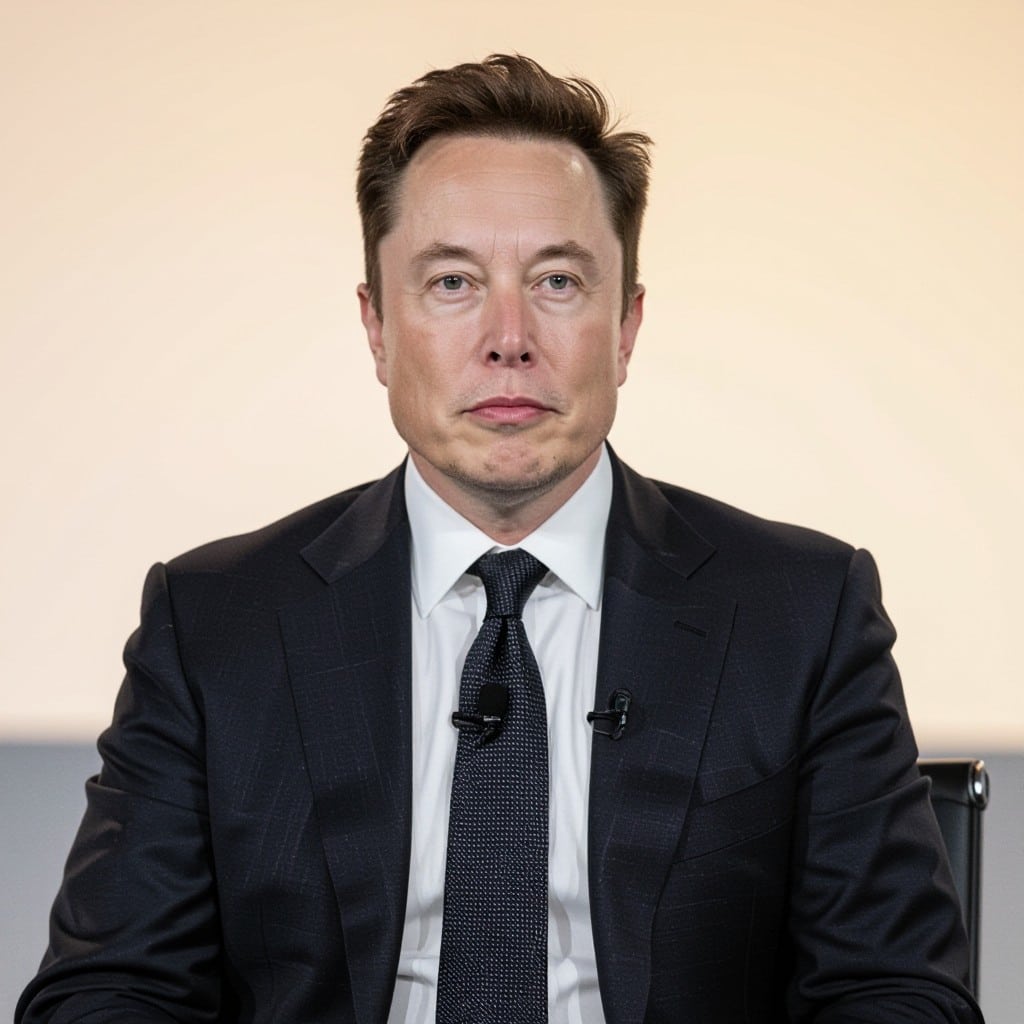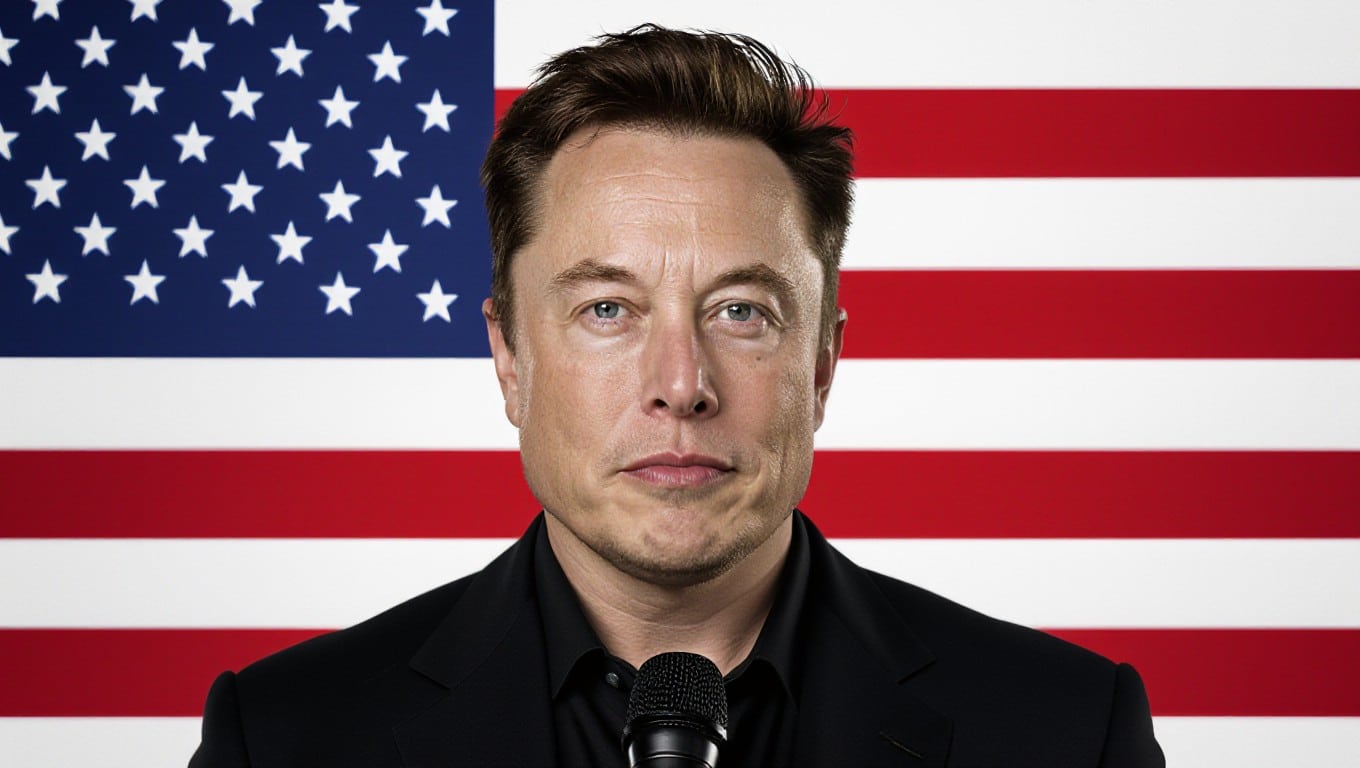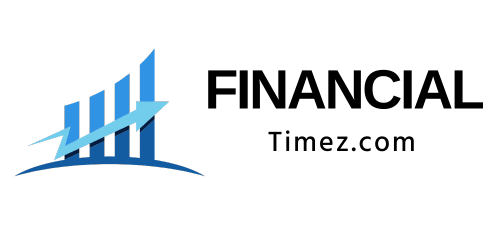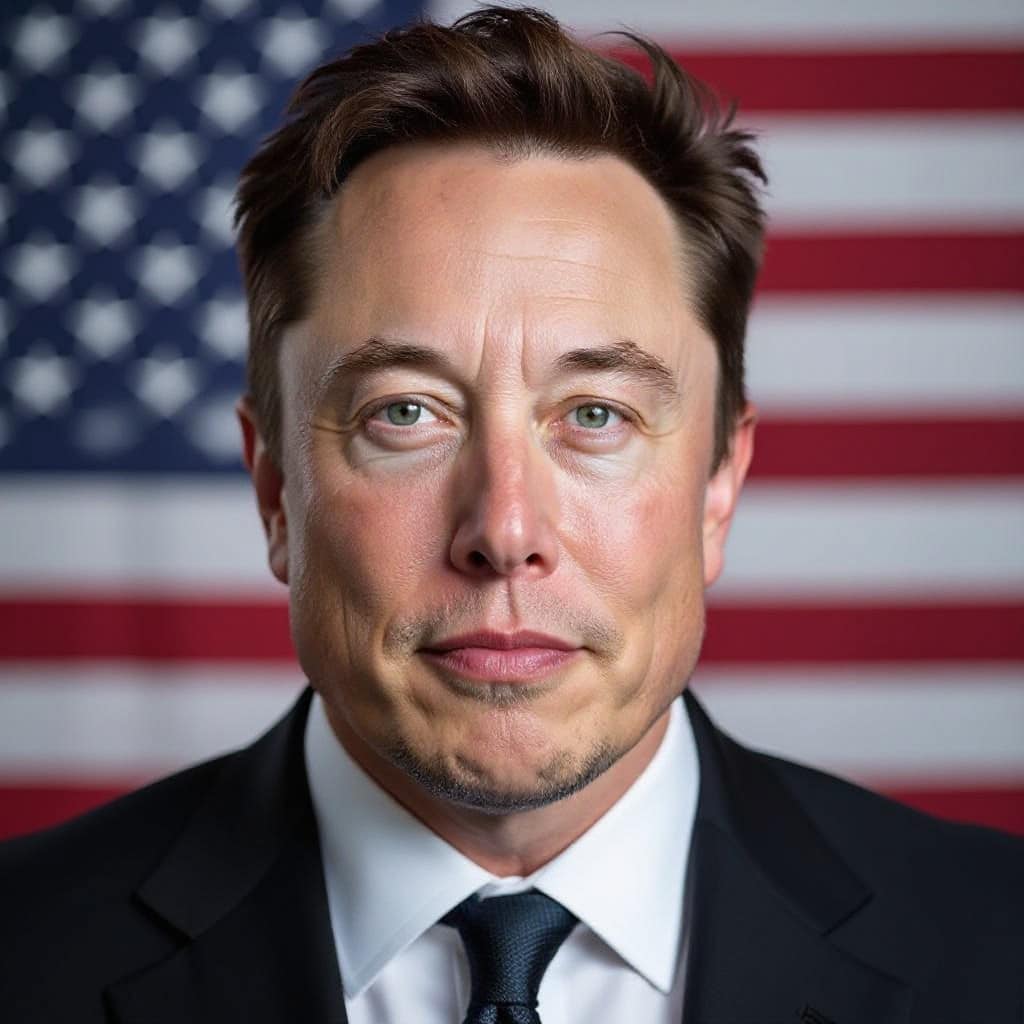It’s clear that Elon Musk has not shied away from re-entering the political arena with his strongest warning yet. As you follow the latest developments, you will see Musk openly challenging Congress over massive government spending and threatening to back primary challengers against officials supporting the debt increase. This move signals a potentially major shift in political dynamics, as Musk aims to create an alternative party to the existing system, giving you the opportunity to witness a new political force emerge. Understanding this bold stance helps you grasp how his influence continues to shape the national conversation.
Musk’s Bold Political Resurgence
Just when it seemed Elon Musk was stepping back, he reentered the political arena with unmistakable force. He’s wielding his influence to threaten entrenched incumbents, backing primary challengers against lawmakers who supported what he calls “insane spending.” His call for a new America Party signals a sharp pivot from mere commentary to direct political intervention, aiming to disrupt the dominant two-party system and shake up Congress with candidates who align with his vision of fiscal responsibility and innovation.
Rejection of Previous Withdrawal
Despite earlier statements about cutting back on political engagement, Musk’s recent actions make clear he’s far from retreating. After spending over $275 million supporting Republican candidates in 2024, his latest pronouncements reveal a renewed commitment to challenge lawmakers head-on, especially those he deems hypocritical for promising to reduce spending yet approving massive debt increases. This reversal highlights his growing frustration and determination to reshape the political landscape.
The Trigger: Trump’s Spending Bill
The Senate’s “Big, Beautiful Bill” ignited Musk’s ire by proposing a record $5 trillion boost to the debt ceiling, which he condemns as reckless fiscal policy. Its passage would supercharge the national deficit by trillions, further fueling Musk’s warnings about “debt slavery” and government overreach. This bill catalyzed his call for an alternative party, directly challenging the bipartisan status quo he labels the “PORKY PIG PARTY.”
Delving deeper, the Senate bill adds nearly $3.3 trillion to the deficit over a decade, surpassing the House’s $2.4 trillion estimate. Its blend of deeper tax cuts, fewer spending cuts, and revenue-raising measures has divided policymakers, with the White House touting deficit reduction and economic growth, while critics cite the exclusion of extended 2017 Trump tax cuts from deficit calculations. Musk’s opposition stems largely from the bill’s generous subsidies for legacy industries at the expense of emerging tech sectors like EVs and solar energy, which he believes are vital for America’s future.
Call for a New Political Movement
Elon Musk’s latest political salvo centers on forming a new party—the America Party—set to challenge the entrenched Democrat-Republican dominance. He highlights the record $5 trillion debt ceiling increase as evidence that existing parties no longer serve the people’s interests. By vowing to back candidates willing to primary incumbents who supported the bill, Musk signals a strategic push to reshape Congress from within. This move marks his most explicit political threat since leaving advisory roles, showing he’s ready to reclaim influence through a fresh platform that promises to give voters a genuine voice in Washington.
The Vision for the America Party
The America Party aims to disrupt what Musk calls the “PORKY PIG PARTY” by prioritizing fiscal responsibility and innovative industries over outdated, subsidized sectors. You’d see a party focused on shrinking the federal debt and combating the “debt slavery” Musk warns against—while fostering growth in technology and clean energy. This new movement proposes a departure from the status quo, offering a platform that supports closed borders and strict immigration enforcement but rejects the expansive government spending that currently defines both major parties.
Critique of the Existing System
Musk critiques the current political system as a monolithic entity that enables unchecked spending and inflated deficits. The Senate bill’s estimated $3.3 trillion addition to the deficit over ten years exemplifies this. You’re left with a political landscape where tax cuts primarily benefit the wealthiest, while congressional representatives campaign on budget cuts only to endorse massive debt increases. This “uniparty” dynamic, Musk argues, denies voters true choice and perpetuates policies that undermine America’s economic future.
Digging deeper, Musk’s frustration stems from what he sees as a lack of accountability among lawmakers, who repeatedly break campaign promises on government spending. The bipartisan support for legislation that expands deficits signals a systemic failure to prioritize long-term fiscal health. You can trace this dysfunction to special interests and entrenched political alliances that stifle innovation and protect legacy industries. Musk’s proposed America Party represents an attempt to inject competition and transparency, directly challenging the complacency he attributes to the established parties.
Musk’s Crucial Warning to Congress
Elon Musk’s pointed message to Congress zeroed in on the unprecedented $5 trillion increase in the debt ceiling, condemning lawmakers who promised fiscal restraint only to back the largest spending surge in history. He vowed to actively support primary challengers against incumbents who broke their campaign pledges, signaling a direct challenge to the political status quo. Musk’s call for creating a new party reflects his frustration with what he calls the “PORKY PIG PARTY,” aiming to give voters a genuine alternative beyond the entrenched Democrat-Republican control.
Implications of the Debt Ceiling Increase
The Senate bill’s estimated addition of nearly $3.3 trillion to the federal deficit over ten years raises serious concerns about long-term fiscal stability. With deeper tax cuts and fewer spending reductions than the House version, you face the potential for ballooning national debt that Musk labels “debt slavery.” While the White House touts economic growth and deficit reduction, the exclusion of extended Trump tax cuts in official calculations paints a bleaker fiscal picture, underscoring the contentiousness of this legislation’s financial impact.
Consequences for Political Accountability
Musk’s threat to support primary challengers exposes a deepening demand for honesty and fiscal responsibility from elected officials. By promising to hold lawmakers accountable who campaigned on spending cuts but voted for the massive debt hike, he intensifies pressure on Congress to align actions with their promises. This stance could reshape electoral dynamics, forcing incumbents to engage more carefully with their fiscal records or risk losing grassroots support.

The Backlash: Trump’s Response
Trump’s retaliation on Truth Social sharply targeted Musk’s financial dependencies, accusing him of benefiting from more government subsidies than “any human being in history.” He warned that without these, Musk’s ventures—rockets, satellites, and electric vehicles—would grind to a halt. By proposing that the Department of Government Efficiency (DOGE) investigate Musk, Trump aimed to undermine the Tesla CEO’s political credibility, suggesting the country could save a “FORTUNE” without Musk’s subsidies. This public sparring reignited their long-standing feud, signaling that Musk’s political threats won’t go unanswered.
Challenge to Musk’s Financial Dependency
Trump highlighted a key vulnerability by pointing out Musk’s reliance on government aid, framing it as contradictory to Musk’s criticisms of excessive government spending. While Musk rails against “debt slavery,” Trump reminded you that subsidies have played a significant role in sustaining Tesla and SpaceX. This challenges Musk’s position, suggesting his complaints about the spending bill ring hollow when his enterprises benefit extensively from federal support, spotlighting a tangled relationship between private innovation and public funding.
The Impact of Social Media Feuds
The Musk-Trump conflict underscores how social media networks like X and Truth Social now serve as high-stakes battlegrounds for political influence and reputation. Their public exchanges amplify divisions, mobilize supporters, and frame policy debates in simplified, personal terms that often overshadow nuanced legislative details, forcing you to sift through noise to find real insights into the policy implications.
These social media wars are more than just personal spats—they shape public perception and voter behavior. Studies show that aggressive online political confrontations can drive increased engagement but also deepen polarization, making compromise more elusive. For Musk and Trump, their digital feud is a strategic tool that commands media attention and influences political narratives in real time, forcing both their followers and opponents to react quickly in a fast-evolving public arena.
Long-term Implications of Musk’s Threat
By backing primary challengers, Musk is setting a precedent that could reshape GOP dynamics and push incumbents toward more fiscally conservative stances. His willingness to fund campaigns signals a sustained political influence beyond endorsements, possibly driving deeper divisions within the party. With a looming $5 trillion debt ceiling increase, you can expect Musk’s actions to force lawmakers to reckon with grassroots pressures, potentially realigning priorities toward debt reduction and reform, while planting seeds for an alternative political movement outside the existing two-party system.
Effects on Republican Primaries and Future Elections
Targeting incumbents who supported the debt-heavy spending bill, Musk’s intervention could make Republican primaries a battleground for fiscal conservatism. Candidates backed by Musk’s America PAC may gain an edge by appealing to voters frustrated with soaring deficits and government spending. This infusion of capital and media attention can disrupt traditional campaign dynamics, increasing the likelihood of upsets that alter party leadership and messaging heading into the 2024 midterms and beyond.
Potential Shifts in Voter Sentiment
Musk’s stark criticism of the spending bill and promise to back alternative candidates taps into rising voter dissatisfaction with political “uniparty” governance. You might see growing skepticism toward both Republicans and Democrats among fiscal hawks and independents, fueling appetite for new political voices that promise financial responsibility and innovation-driven policies—especially amid concerns about large deficit increases and subsidies.

Final Words
Upon reflecting on Elon Musk’s latest political stance, you see that his threat to support primary challengers against members of Congress marks a significant escalation in his involvement since the 2024 election. By emphasizing the creation of a new party to break the current bipartisan system, Musk is signaling his intent to influence policy and political direction more aggressively. Understanding the potential impact of his actions can help you better grasp the evolving landscape of American politics and the role influential figures like Musk play in shaping it.

